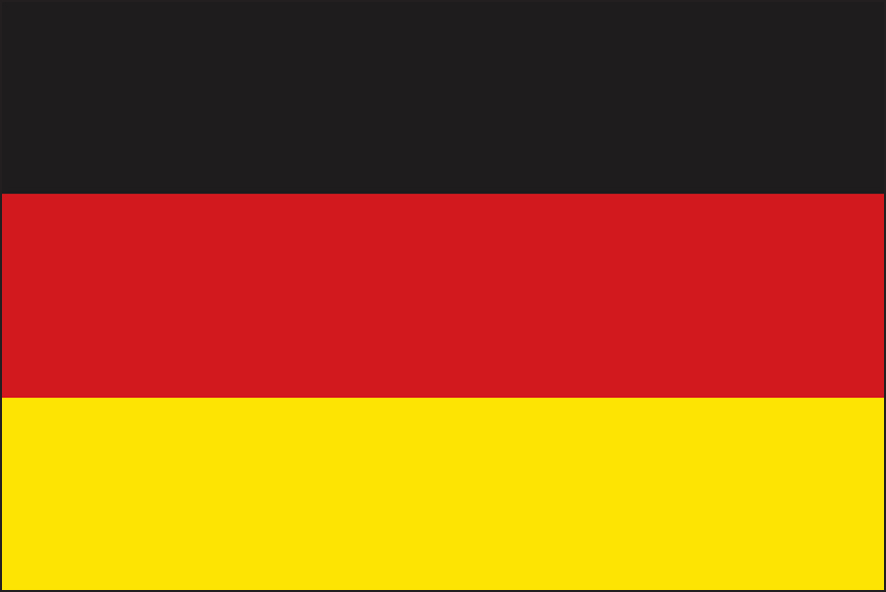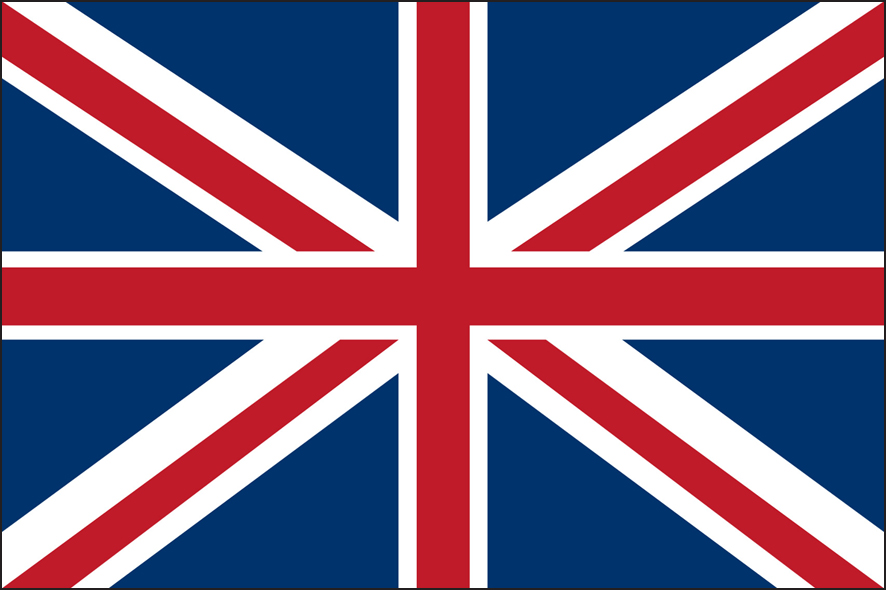 ALL NATIONS CUP - Geschichte und Entwicklung
ALL NATIONS CUP - Geschichte und Entwicklung
Etwa Mitte der 70er Jahre, lange bevor die europäische Schaukommission gegründet wurde, hatte Mrs. Annette Hedley, England, die Idee, dass es eine Veranstaltung für Arabische Vollblüter über Europas Grenzen hinaus geben müsste.
Alle Nationen, die ein von der WAHO anerkanntes Stutbuch führen, sollten dazu eingeladen werden. Als Besonderheit im Vergleich zu anderen bereits vorhandenen Schauveranstaltungen sollte eine Nationenpreiswertung eingeführt werden, bei der nach einem sorgfältigen System die Klassensieger bzw. Platzierten und die Championatsgewinner eine bestimmte Punktzahl für das Land erringen können, für das sie starten.
Um den Heimvorteil der Nation, die die Veranstaltung ausrichtet, und die in der Regel die meisten teilnehmenden Pferde stellt, auszugleichen, wurde beschlossen, dass in jeder Zuchtschauklasse nur für jede teilnehmende Nation das beste Ergebnis notiert wird und dass für die Ermittlung der siegenden Nation und der weiteren Platzierungen nur die besten fünf Ergebnisse eines Landes zur Berechnung herangezogen werden.
Damit wird gewährleistet, dass nicht die Zahl der teilnehmenden Pferde eines jeweiligen Landes, sondern vornehmlich die Qualität ausschlaggebend ist für den möglichen Gewinn des Nations Cups.
Aufgrund der guten freundschaftlichen Kontakte zwischen Mrs. Annette Hedley und Lady Harmsworth Blunt konnte diese Grande Dame der Vollblutaraberzucht dazu gewonnen werden, einen wertvollen silbernen Pokal als Wanderpreis über die britische Zeitung "The Daily Mail" zu stiften.
Zu Beginn dieser Idee wurde ein international zusammengesetztes Komitee gebildet, dem viele namhafte Persönlichkeiten aus der Vollblutaraber-Szene angehörten. Die Aufgabe des Komitees war, die Modalitäten sowie das Regelwerk für diese Veranstaltung auszuarbeiten und geeignete Plätze für diese große, weltweit Beachtung findende, Zuchtschau zu finden.
Die ersten All Nations Cup Veranstaltungen wurden mit Erfolg in England, Schweden und Spanien durchgeführt.
1983 wurde die European Conference of Arab Horse Organisation (ECAHO) gegründet und 1984 anläßlich der 2. Sitzung dieser Organisation in Hamburg das „Schaupyramidensystem“ mit den C-Schauen auf regionaler bzw. nationaler und den B-Schauen auf internationaler Ebene sowie den großen bedeutungsvollen internationalen A-Schauen, zu deren Teilnahme man sich qualifizieren muß, arbeitet. Im Prinzip einigte man sich darauf, das World Championat in Paris und den Nation Cup als A-Schau zu etablieren und schuf eine weitere Veranstaltung als A-Schau, und zwar das Europäische Championat.
Der All Nations Cup passte dann doch nicht so reibungslos in das von der EAHSC ausgearbeitete System und Regelwerk, da diese Veranstaltung ja Teilnehmer über Europas Grenzen hinaus ansprechen sollte.
Die ersten All Nations Cup Veranstaltungen bis einschließlich 1987 fanden zwar in Anlehnung an das Regelwerk der EAHSC statt, doch die Anerkennung als A-Schau wurde von der ECAHO verweigert, da man dem Nation Cup Komitee ihre eigenen unabhängigen Rechte nicht zubilligen wollte und es Auseinandersetzungen darüber gab, wie die Interessen der Aussteller derjenigen Nationen berücksichtigt werden könnten, die nicht bzw. noch nicht Mitglied der European Conference of Arab Horses (ECAHO) waren.
Das in der Zwischenzeit neu gegründete Nations Cup Komitee, dem Mrs. D. Wrigley (USA), Mrs. A. Hedley (GB), Mrs. D. Stream (USA) sowie als Vorsitzender Dr. H.-J. Nagel (D) angehören, vergab 1984 erstmalig den damals 5. All Nations Cup an den Deutschen Araberzuchtverband, der seit 1979 mit Erfolg Zuchtschauveranstaltungen in Aachen durchführt.
Es entsandten damals elf Nationen bestes Pferdematerial nach Aachen, und nach spannenden Konkurrenzen konnte mit knappem Ergebnis Holland den Nations Cup-Pokal vor Polen und Deutschland erringen.
1985 wurde der 6. All Nations Cup in Frauenfeld von der Schweizer Zuchtgenossenschaft für Arabische Pferde mit ebenfalls großer Beteiligung und einem Sieg der spanischen Nation vor Holland ausgetragen.
Da der ursprüngliche Gedanke war, den Veranstaltungsort des All Nations Cup zu wechseln, sah sich das Nations Cup Komitee nach einem weiteren Veranstalter um. Dänemark war zunächst stark daran interessiert, 1986 die Organisation in die Hand zu nehmen, fühlte sich jedoch dann dieser großen Aufgabe nicht gewachsen. 1987 trat das Nations Cup Komitee nach reiflicher Überlegung an den Verband der Züchter des Arabischen Pferdes e.V. heran, mit dem Wunsch, diese wichtige Schau fest an den Verband zu übergeben, der zukünftig in Kooperation mit dem Nations Cup Komitee die All Nations Cup Veranstaltungen ausrichten sollte. Ein entsprechender Vertrag wurde erarbeitet, von beiden Seiten unterzeichnet, und seit 1987 fanden die weiteren Nationen Preis-Veranstaltungen in Aachen statt.
Nach Gesprächen zwischen dem Nations Cup Komitee, dem deutschen Araberverband und der Europäischen Schaukommision konnte man sich auf eine Anerkennung des Nation Cups als A-Schau ab 1998 einigen. Diese Veranstaltung, das Europa-Championat sowie das Welt-Championat in Paris sind derzeit die wichtigsten Schauveranstaltungen, zu denen das beste Pferdematerial aus bis zu 20 Nationen entsandt wird.
Nach dem Tode von Lady Harmsworth Blunt wurde 1992 der Wanderpokal der Daily Mail in "The Lady Harmsworth Blunt Memorial Trophy" umbenannt.
Der 11. All Nation Cup sollte ursprünglich erst 1994 wieder in Aachen ausgetragen werden. Nachdem in diesem Jahr jedoch das Europa-Championat an den südlichen Raum Europas gelegt wurde, entschied das Nations Cup Komitee auf eindringliche Bitten von Züchtern aus vielen Ländern, den 11. All Nations Cup doch 1993 in Aachen zu organisieren und zukünftig einen jährlichen Austragungsrhythmus zu nutzen.
Seitdem findet der All Nations Cup jedes Jahr am letzten Wochenende im September in Aachen statt und gilt weltweit als die ehrlichste, korrekteste und aus qualitativer Sicht betreffend des Pferdematerials als schwerste Schau der Welt.
Im Jahr 2001 wurde in Gesprächen zwischen Annette und Ian Hedley sowie The hon. Mrs. Mary Ann Wragg die Idee entwickelt, ergänzend zu dem All Nations Cup, "The Lady Harmsworth Blunt Memorial Trophy", einen besonderen Preis zu kreieren, mit dem die Leistungen der Züchter, der anlässlich des All Nations Cups erfolgreich ausgestellten Pferde, honoriert werden soll.
Dieser neu ins Leben gerufene Wanderpokal ist eine wunderschöne Bronze, die erstellt wurde von der bedeutenden Künstlerin Mrs. Caren Kasper, USA. Die Bronze stellt eine Vollblutaraberstute dar, die ihr Haupt zu ihrem auf dem Boden liegenden Fohlen senkt und den Eindruck vermittelt, dieses zu behüten.
Diese wertvolle Bronze ist ein Wanderpokal, der anlässlich einer jeden All Nations Cup Veranstaltung wieder neu zur Verfügung gestellt werden muss. Die Gewinner des Wanderpokals erhalten zusätzlich eine Bronzeplakette, auf der reliefartig die Stute mit ihrem Fohlen zu sehen ist.
Kurz nach Entwicklung der Idee und Verwirklichung des Auftrages durch die Künstlerin verstarb der langjährige Generalsekretär der WAHO, Mr. Ian Hedley. Ihm zu Ehren wurde dieser neue Wanderpokal für die All Nations Cup-Züchterwertung umbenannt in "Major T. W. I. Hedley Memorial Trophy".
Sie wurde erstmalig vergeben anlässlich des 19. All Nations Cups im Jahr 2001 an die Züchter in Polen. Im Jahr 2002 ging sie an die erfolgreichen Züchter aus Qatar, 2003 und 2004 an Belgien, 2004 wieder an Belgien, 2005 an die Arabischen Emirate, 2006 und 2007 an Polen.
Im Verlaufe des Jahres 2002 wurde das All Nations Cup Komitee durch Herrn Hassanain Al-Nakeeb ergänzt. Er ist selbst ein fähiger und erfolgreicher Züchter edelster arabischer Vollblüter und ein anerkannter Richter, der zunächst seine Zuchtstätte in Jordanien aufbaute und vor wenigen Jahren nach England übersiedelte, um dort in seinem Gestüt sein Zuchtprogramm weiter fortzuführen.
Im Jahre 2008 wurde Sylvie Eberhardt, Deutschland, in das All Nations Cup Komitee berufen. Sie ist eine langjährige Züchterin Arabischer Pferde sowie eine international anerkannte Richterin, welche seit vielen Jahren auf der ECAHO A-Richterliste geführt wird, öffentlich bestellte und vereidigte Sachverständige für Pferdezucht und Pferdehaltung ist und im Jahre 2007 in das EC-Komitee der ECAHO gewählt worden.



 ALL NATIONS CUP - Origin and Development
ALL NATIONS CUP - Origin and Development
 ALL NATIONS CUP - Geschichte und Entwicklung
ALL NATIONS CUP - Geschichte und Entwicklung